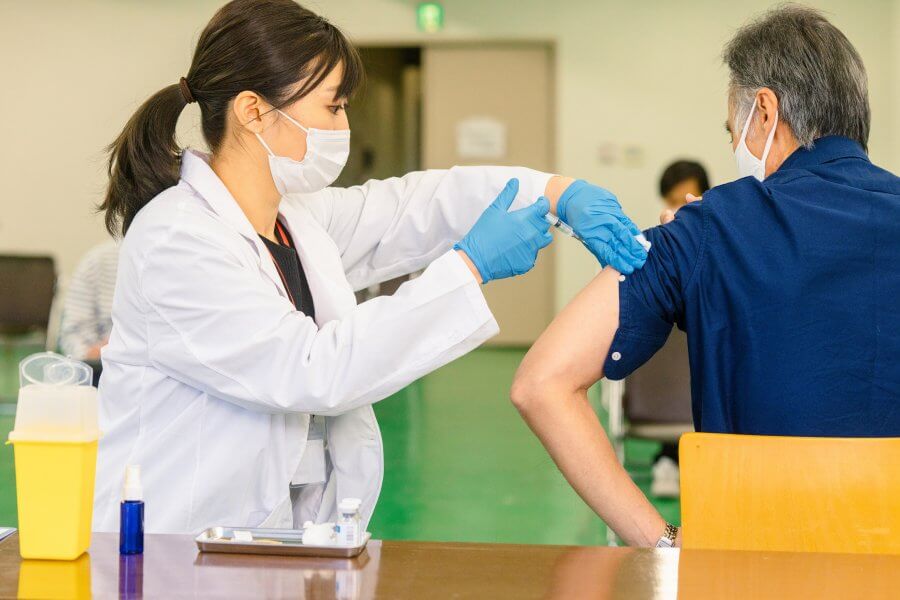reading time : 2 Minutes
OTTAWA – The list of COVID-19 vaccines recognized by the Canadian government has been expanded with three more, including the controversial Chinese vaccine Sinopharma. Travelers who have received this vaccine will be allowed to enter the territory from November 30.
At the time of going to the press, no press release from the responsible government or ministry to this effect has been published, only a few lines added on Friday on the Public Health Agency of Canada website attest to this:
From November 30, the Government of Canada will expand the list of vaccines acceptable to enter Canada and waive certain screening and quarantine requirements. The list will include the Sinopharm, Sinovac and COVAXIN vaccines, which appear in the World Health Organization (WHO) Emergency Use Authorization (EUL) Protocol List, read it.
Thus, these three vaccines will be added to those already validated by the state, namely Pfizer-BioNTech, Moderna, AstraZeneca-Covishield and Janssen / Johnson & Johnson. In addition, the Federal Government specifies that, for vaccinations to be considered complete, it is necessary to receive at least two doses of an acceptable vaccine, a mixture of two acceptable vaccines, or a dose of Janssen/Johnson & Johnson vaccine, and this is at least 14 days before it is placed on Canadian soil.
Good news for Francophone immigration
Sinopharm vaccine is administered in abundance in many African countries which are fertile ground for French-speaking immigration to Canada, and Sinopharm vaccine, with the very low vaccination rate on the black continent, is one of the barriers to Francophone immigration.
Moreover, this partly explains the very large drop in the number of French-speaking newcomers to Ontario between 2020 and 2021, as well as the fact that the latter has not yet recovered from the devastation caused by the pandemic, despite the Anglophones. Immigration increased significantly in the province during the same period. So this new procedure will likely stop, or at least reduce, the bleeding.
As a reminder, the World Health Organization (WHO) has approved the Sinopharm vaccine for several weeks already. However, a few countries, such as France, are still reluctant to do so due to lack of data.

“Alcohol scholar. Twitter lover. Zombieaholic. Hipster-friendly coffee fanatic.”

